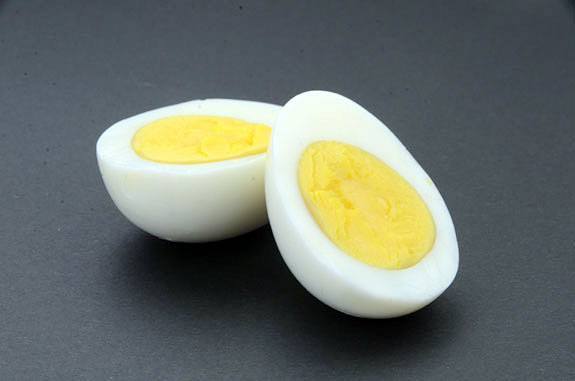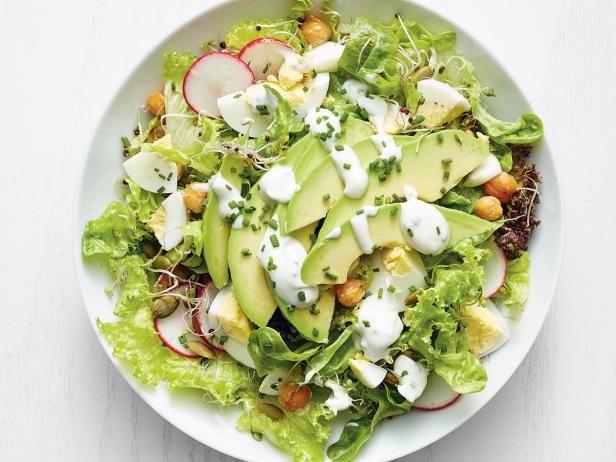Boil Eggs
- 7 Comments!

How to Boil Perfect Eggs, Whats Cooking America. How to Boil Perfect Eggs The simple and classic boiled egg – full of nature’s most perfect form of protein.
At one time people were concerned about eating eggs because of the amount of cholesterol in the yolks. Today, research has found that eggs also raise the good cholesterol that our bodies need. Boiling an egg is really very simple!
· · How to boil an EGG in Microwave. In this video I will show you how to perfectly hard boil the eggs in Microwave Oven. Like and SUBSCRIBE!! :D http://youtu. How to make perfect hard boiled eggs. Like most Paleo people, I eat a TON of eggs! They’re loaded with nutrients, perfect for a quick meal, and delicious when.
I have read many different opinions about the best method for making perfect hard- cooked (boiled) eggs and have discovered, through my own personal testing, the following method which gives perfect results. Coddling: The method of coddling eggs will not toughen the whites as boiling does. Coddling also makes an egg easier to peel. The cold water finish creates steam between the egg white and the shell which makes the shell easier to remove. According to the American Egg Board, the terms “hard- boiled” and “soft- boiled” eggs are really misnomers, because boiling eggs makes them tough and rubbery. Instead, these eggs should be “hard- ” or “soft- cooked” in hot (still) water.

See how to boil the perfect egg—and get tips for easy peeling and chopping. The boiled egg. It’s so simple, which—of course—makes it so easy to mess up. An extra minute in the water could mean the appearance of that pesky green ring. How long does it take to boil an egg at high altitude? Click on the egg to calculate the cooking time.
Reference Chart For Perfect Boiled Eggs: The following quick reference chart contains cooking times to use as a guide for the desired firmness for the yolk of a large egg size. The timing begins once the pot of eggs is removed from the heat source. Timing is everything in cooking perfect boiled eggs. Soft- cooked (boiled) eggs – 5 minutes.
The perfect soft boiled egg has firmly set whites, but a soft runny yolk. Serve in an egg cup by placing the egg in the cup with the small end down. Slice off large the end of egg with knife, egg scissors or egg topper and eat from the shell with a spoon. Egg toppers can be found in most kitchen stores.
They are very quick and practical to use. I finally purchased one, and now my eggs look beautiful when I top them! Medium- cooked (boiled) eggs – 7 to 8 minutes. A medium- cooked egg has a firm white and a slightly firm yolk. Medium- boiled eggs look exactly like hard- boiled egg from the outside – the whites are tender, yet cooked and hold their shape. Inside the egg, you see creamy golden yolks which are neither liquid nor completely solid.

Boil Eggs Easy To Peel
Hard- cooked (boiled) eggs – 1. A hard- cooked egg has both a firm white and a firm yolk. Hard- cooked eggs should never be boiled – always simmer them in water.
If you cook them for too long, the protein toughens (becomes rubbery) and a greenish or purplish ring forms around the yolk. Extremely fresh eggs are not recommended when making hard- boiled eggs, as they are very difficult to peel. Refrigeration is necessary for hard cooked eggs if the eggs are not to be consumed within a few hours. You can refrigerate Hard- cooked eggs in the shell up to one week. How to Boil Perfect Eggs in 6 Steps. For perfect cooking, start with eggs that do not have any visible cracks: There are two problems you will want to avoid: cracked shells and the ugly green layer that can form around the yolk.
Do not add salt to water. The salt will raise the boiling point of the water making the egg whites rubbery. The best eggs for boiling are NOT the freshest eggs – use eggs that are at least 3 to 5 days: Eggs that are too fresh are difficult to peel. The fresher the eggs, the harder it will be to peel them because the white membrane is just not mature enough. Hard boiling farm fresh eggs will invariably lead to eggs that are difficult to peel.
Eggs need to be at least three (3) days old to peel well. First, figure out if your eggs are fresh, because looking at the date on the carton is not always the best indicator of freshness, as eggs within the same carton with the same sell- by- date could have been laid on different days. Check out Sell Date of Eggs. In a fresh egg, the yolk stands tall and the white is thick and cloudy.
In an older egg, the yolk looks flatter and breaks easily, and the white is thin and watery. The best eggs for boiling are the ones on their way to standing up because that extra air makes peeling easier.
That is why you should buy eggs for hard- cooking at least a week ahead of time. How To Test Freshness of Eggs: A simple test in water will answer the freshness question for you.
Place the egg in a bowl of water; if it lies on its side, it is very fresh. As it ages, the air pocket inside the egg grows, which buoys the egg up so it stands on one end. If the egg floats to the top, it is ready for the trash. Making Deviled Eggs: When making deviled eggs, place the carton of eggs on its side for a day. The yolk will then center itself so you have it directly in the middle of the white. Deep Fried Tarantula.
No more off centered deviled eggs. Bring your eggs to room temperature before cooking: If the egg has been stored in the refrigerator, it can be warmed gently under a flowing hot tap water or sit at room temperature for 2. By bringing the eggs to room temperature, they are much less likely to crack in the hot water. Also the temperature of the egg at the start of the cooking process will affect the cooking time. An egg that is at room temperature at the start of the cooking process will require about 1 minute less cooking time than eggs taken directly from the refrigerator.
Technique for hard- cooking (boiled) eggs: Choose the right size pot to cook your eggs in. The eggs must not be stacked but be in one (1) layer only. Gently place in the cooking pot. Place the eggs in a single layer in a pan with enough cold water to cover eggs completely (approximately by 1 inch of water over the top of the eggs). Using too much water will take too long for the water to get boiling, which can throw off the timing and give you overcooked eggs. Too little water causes parts of the eggs to be exposed and end up under cooked.
If you have 2 or 3 layers of eggs stacked up in a small pot, they may cook unevenly. Use a large pan and limit cooking to two (2) dozen eggs at a time only. Over high heat, bring water JUST to a rapid boil.
As soon as the water reaches a rapid boil, remove pan from heat and cover egg pan tightly with a lid. After 1. 7 or 2. 0 minutes (depending on size of your eggs), remove lid and drain off water from the eggs. Watch the time when cooking the eggs carefully. Overcooking causes a green layer to form around the yolk. This layer is caused by a reaction between the iron in the yolk and the sulfur in the white. Heat speeds up this reaction, so the longer your eggs cook, the greater the chance of discoloration.
IMPORTANT – Stop the cooking process – Residual Heat or “Carry Over Heat.”After the eggs are removed from the heat source, some cooking will continue, particularly the yolk of the egg. This is due to residual heat called “carry over cooking.” For this reason, transfer the eggs to the bowl of ice cubes and/or cold water after the cooking time is over.
While the eggs are in the cold water, a layer of steam develops between the shell and the egg white. The steam helps make peeling an egg much easier.
Let eggs cool at least 1. Either store in refrigerator or peel the eggs (see below for How To Peel Hard- Cooked Eggs Easily). A quick test to ensure that your eggs are hardboiled: When eggs have cooled, spin them on a hard surface (just like you would spin a top). If the eggs spins quickly without taking off or flying off in one direction, the egg is hard boiled and finished. Undercooked eggs (or uncooked eggs) will have a wobbly and unsteady spin. Storing of Hard- Cooked (Boiled) Eggs: Refrigeration is necessary for hard boiled eggs if the eggs are not to be consumed within a few hours. It is preferable not to peel your eggs until you are ready to eat or use in your recipe.
Hard- cooked eggs in the shell can be refrigerated up to one week. Peeled hard boiled eggs can be stored in the refrigerator in a bowl of cold water to cover for about 1 week (change the water daily) – or in a sealed container without water (cover the eggs with damp paper towels) for the same length of time. SAFETY NOTE: It is not safe to leave hard boiled eggs (including those in their shells) out at room temperature for long.